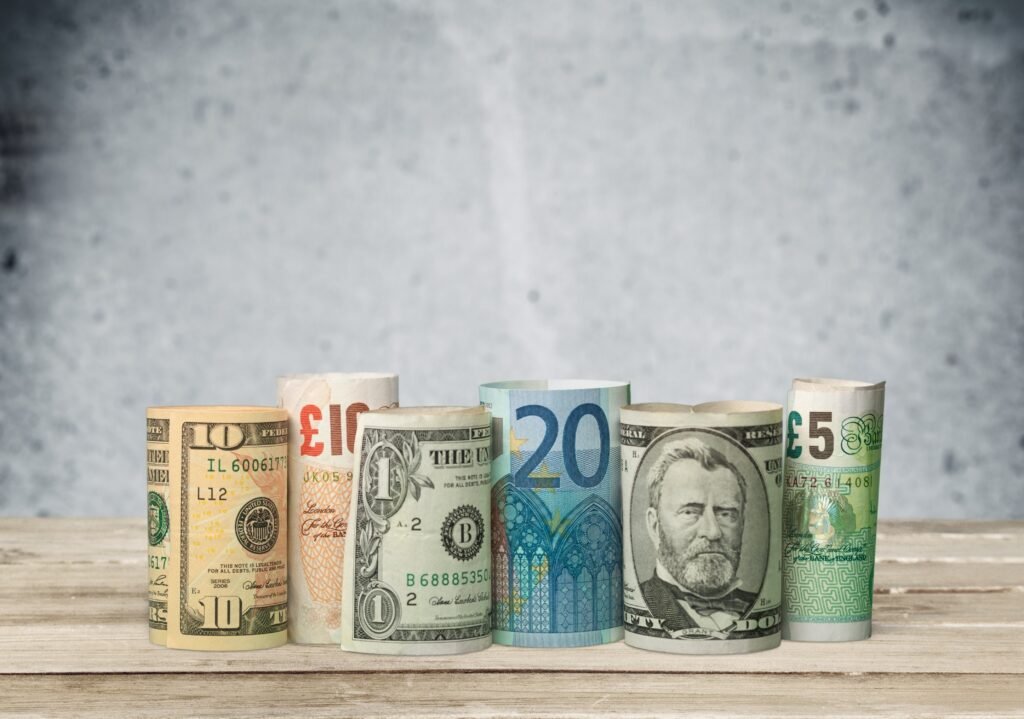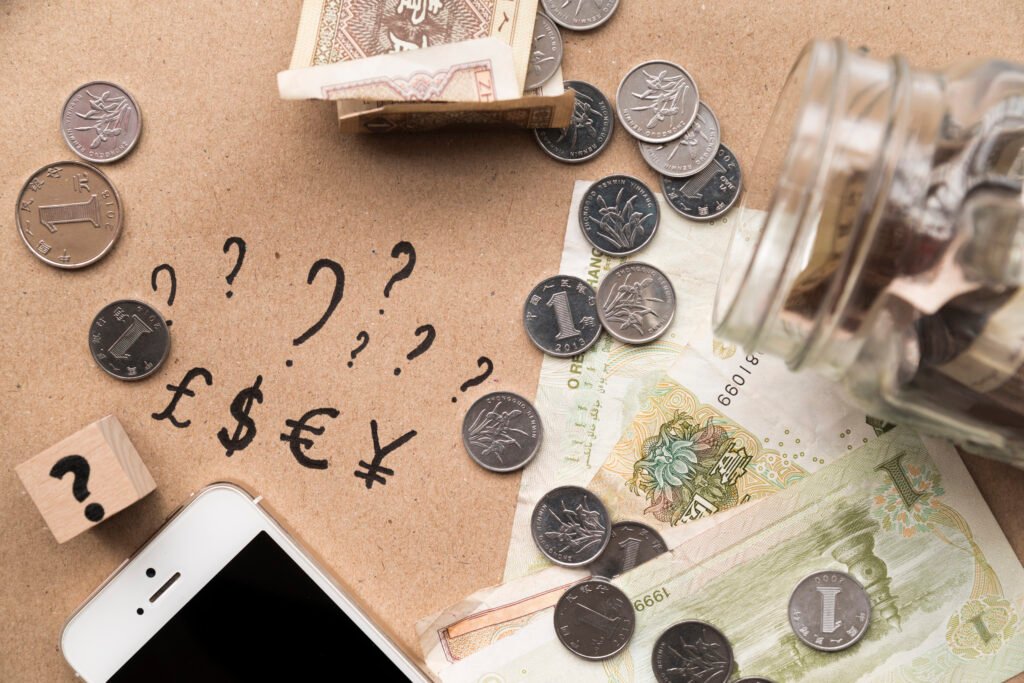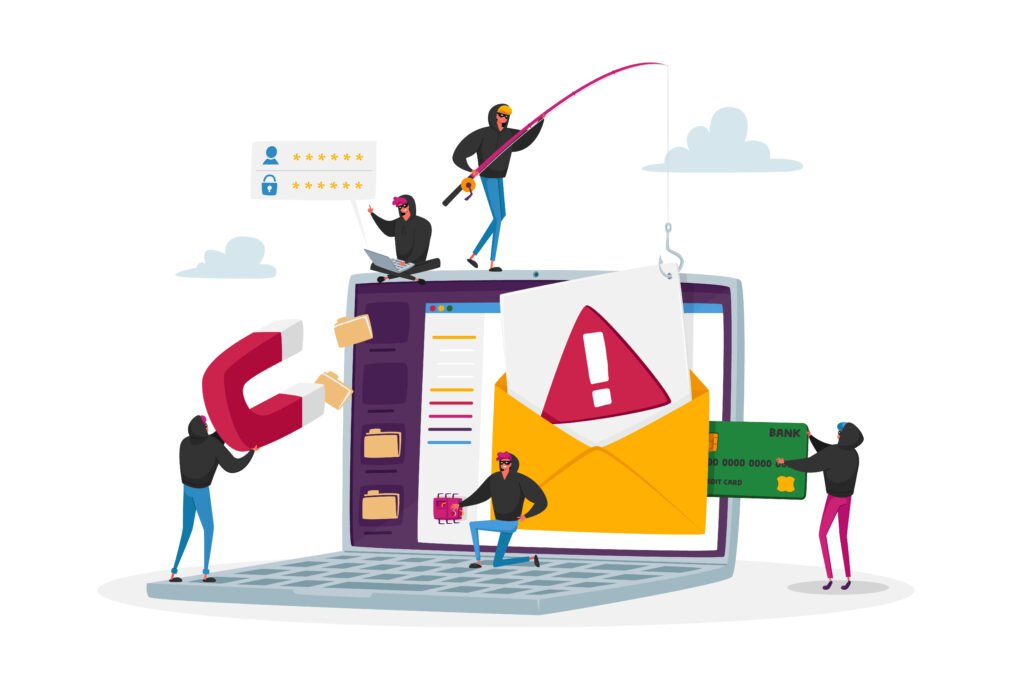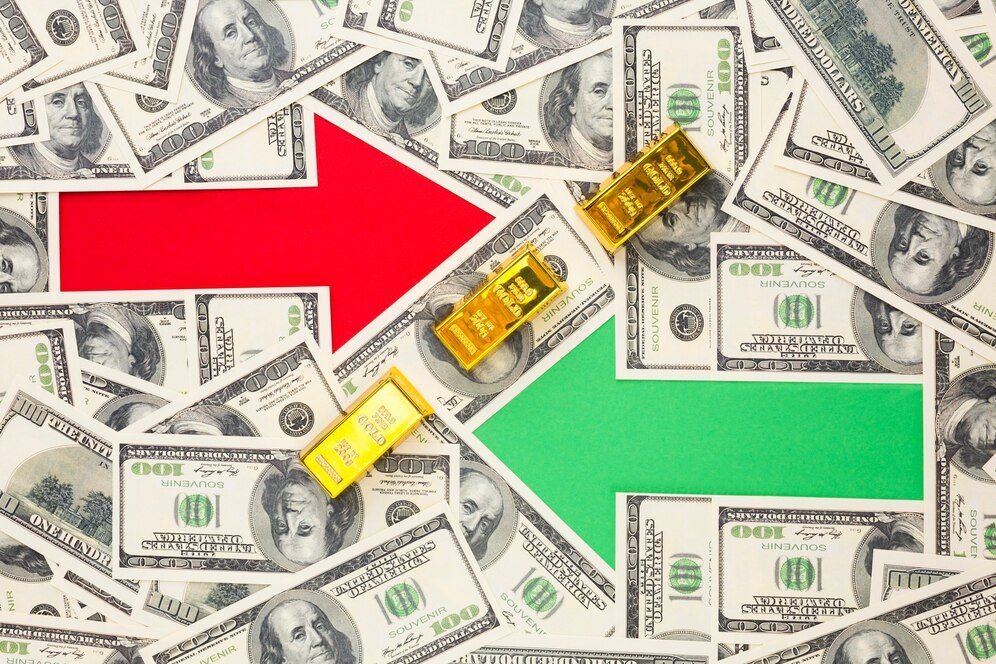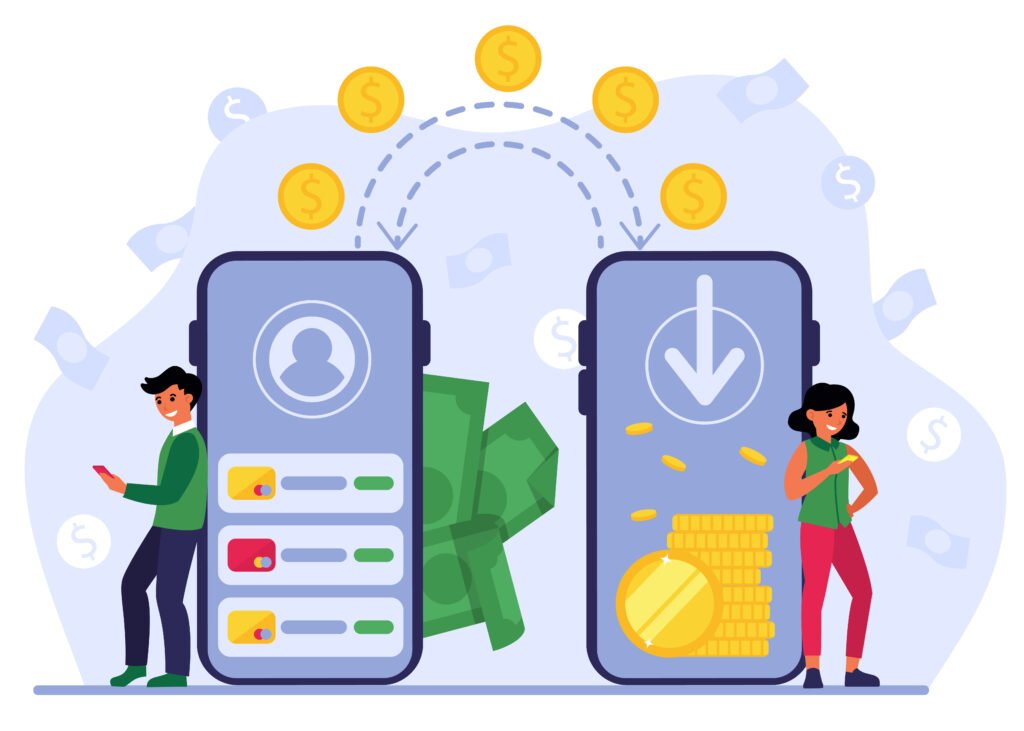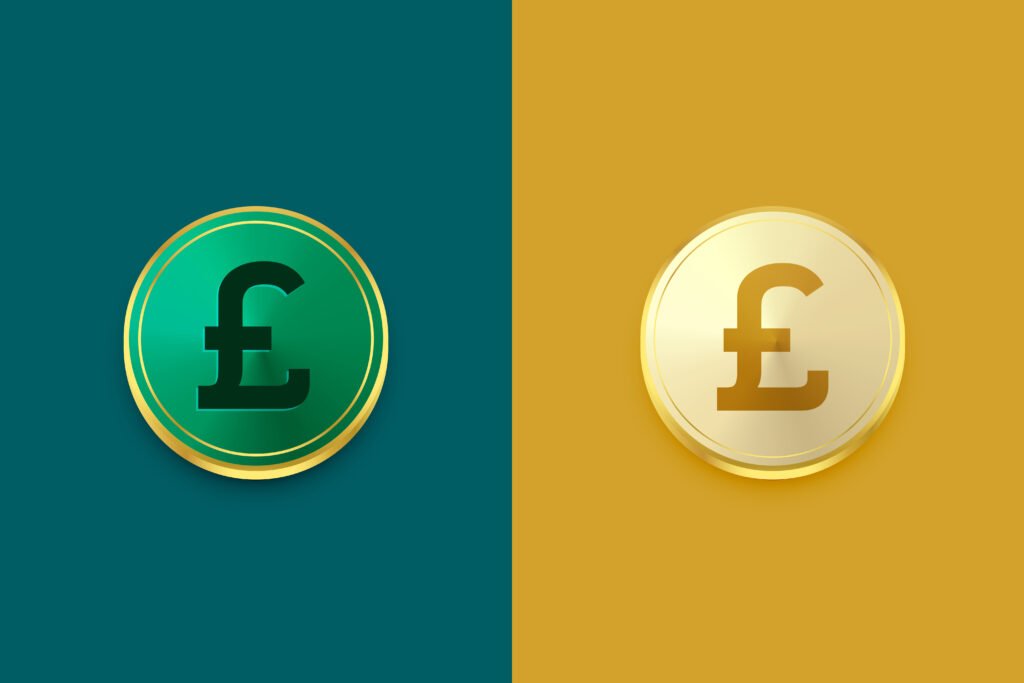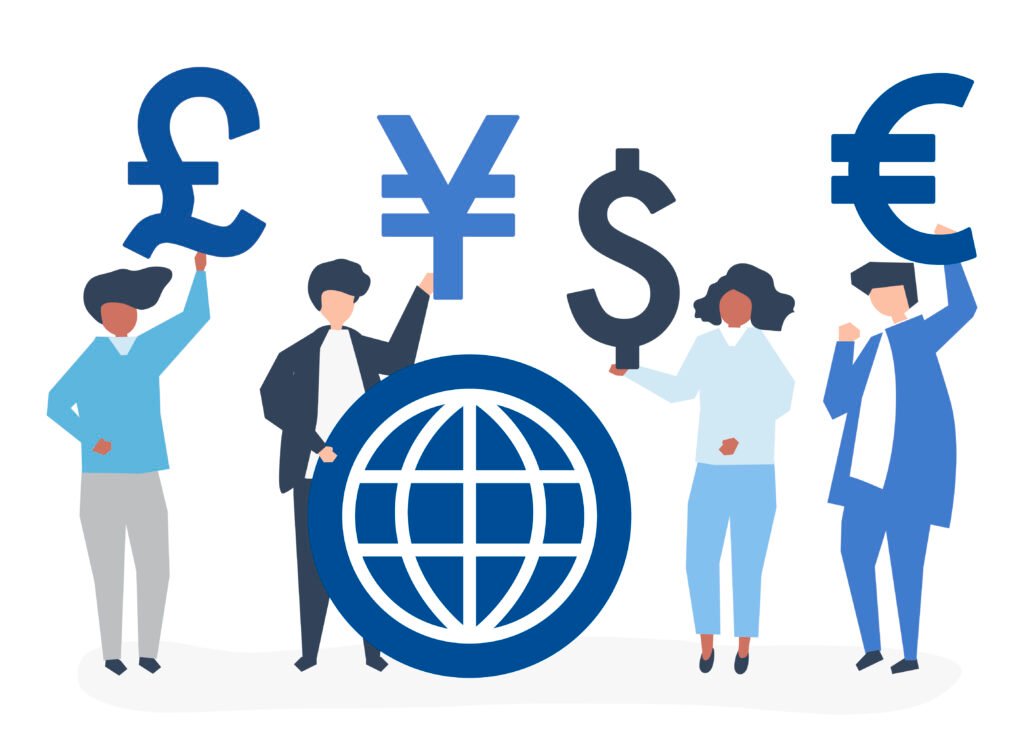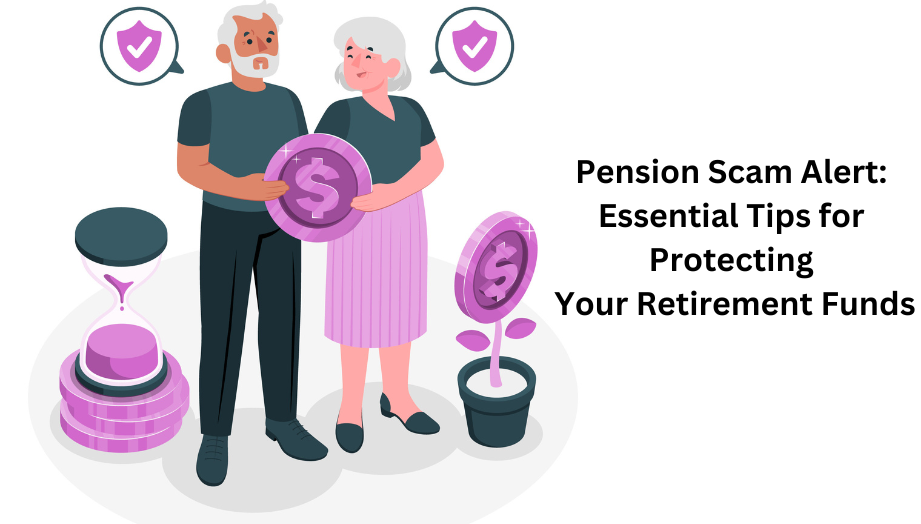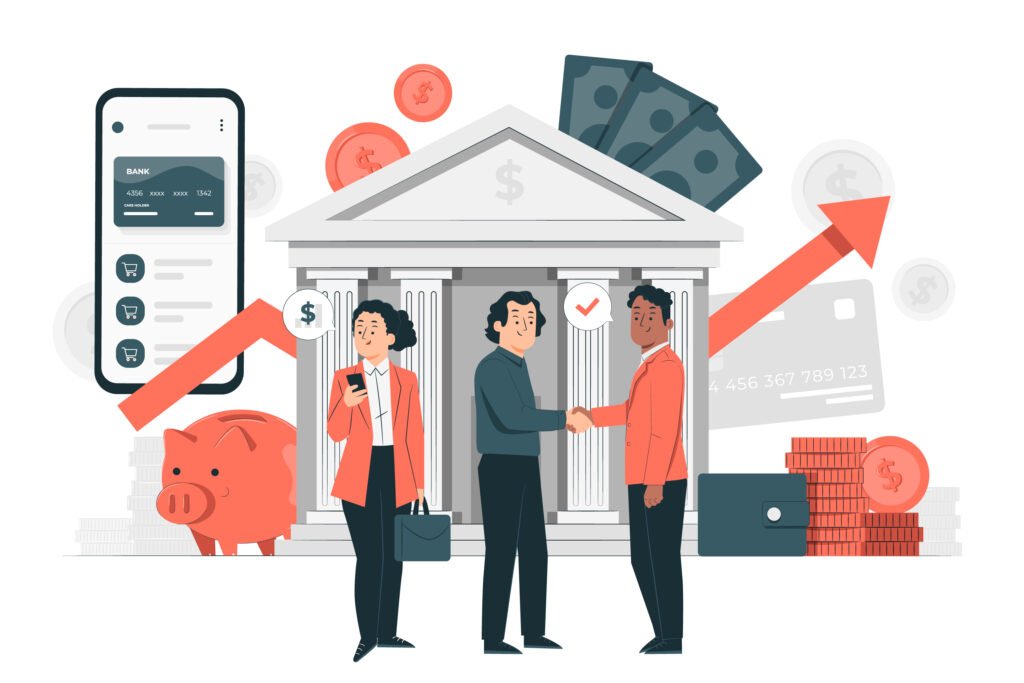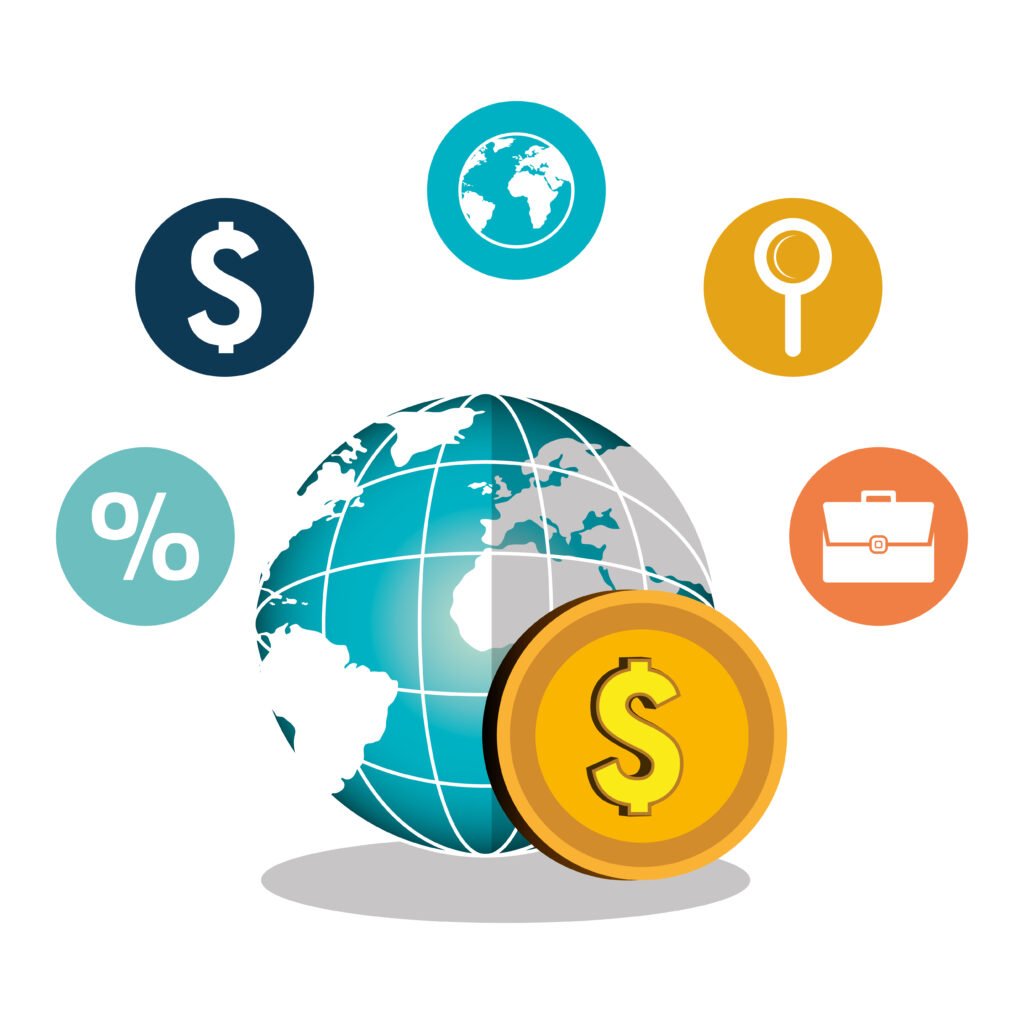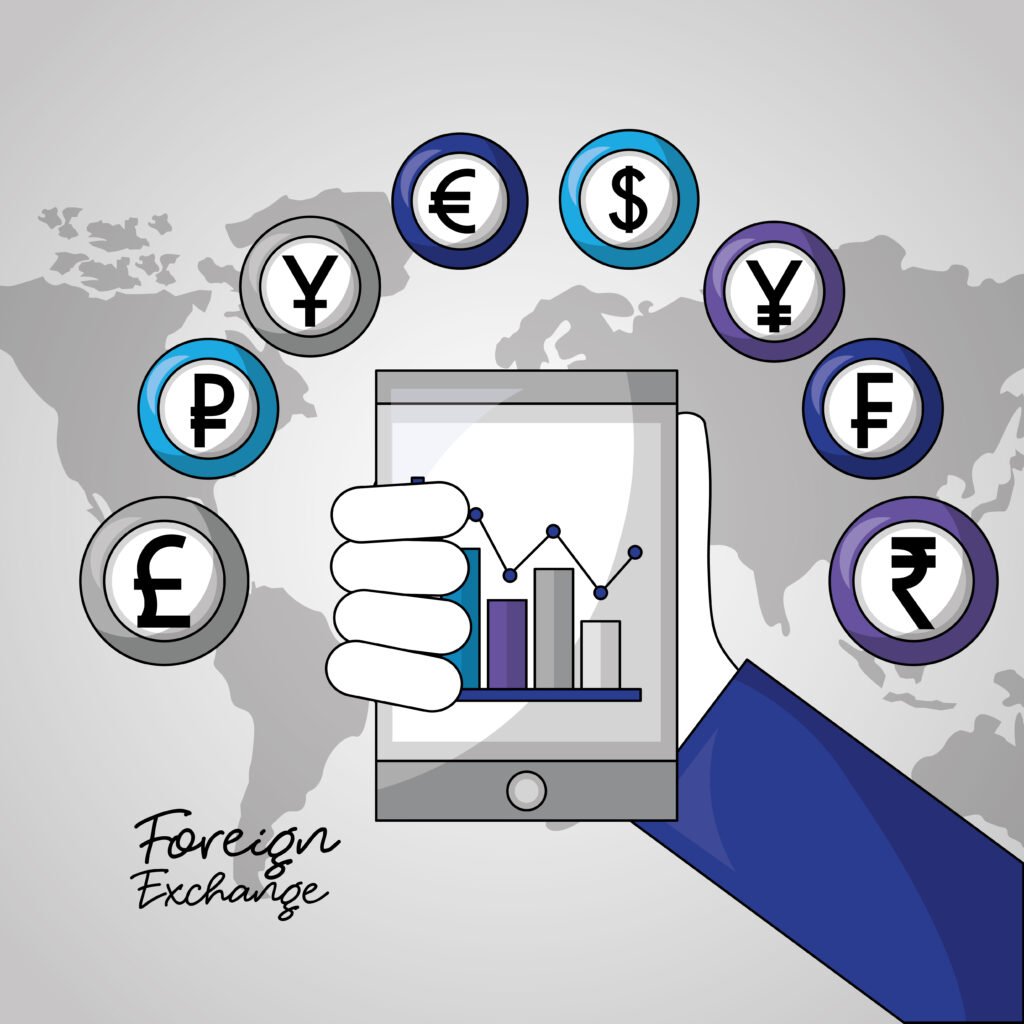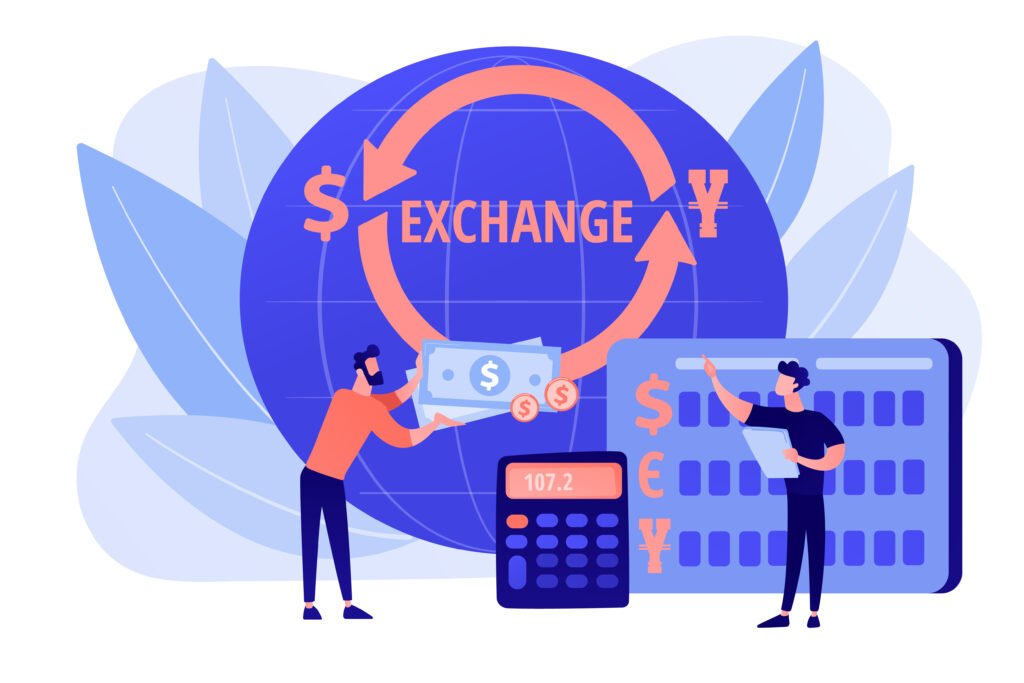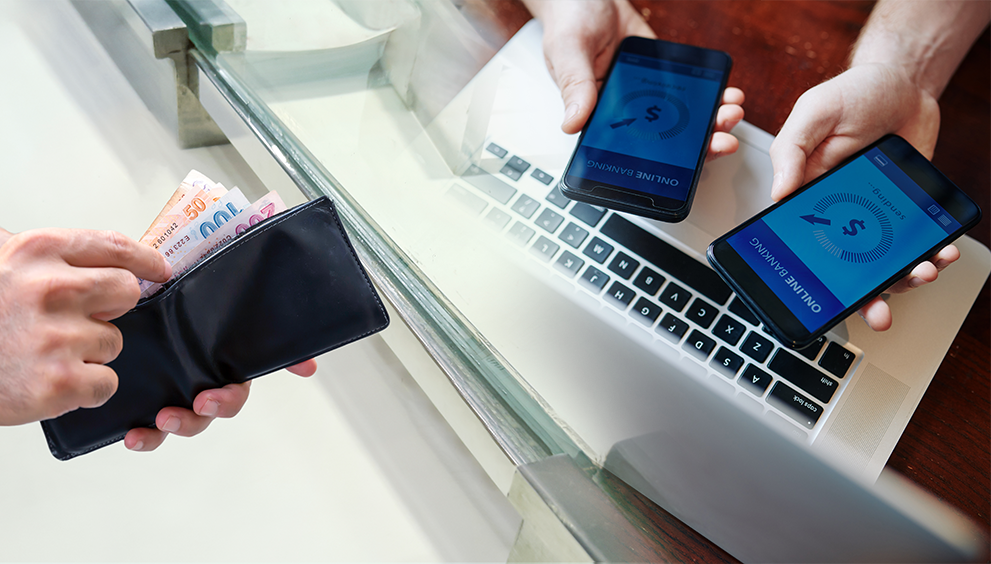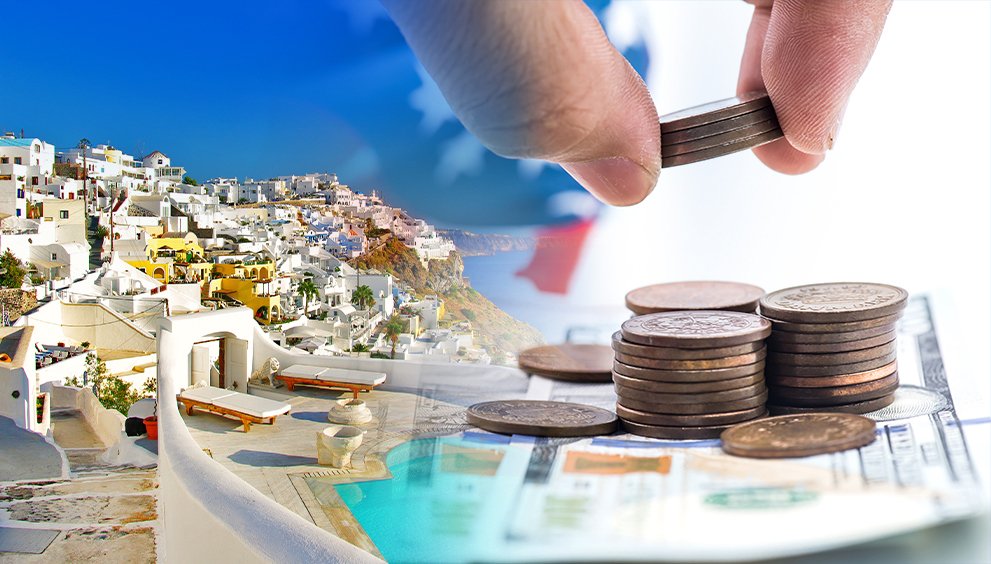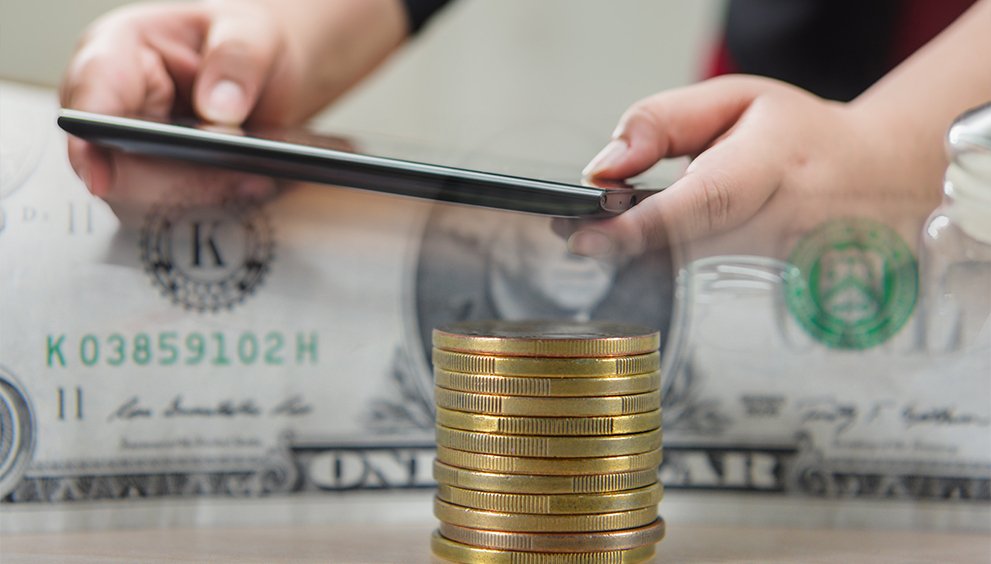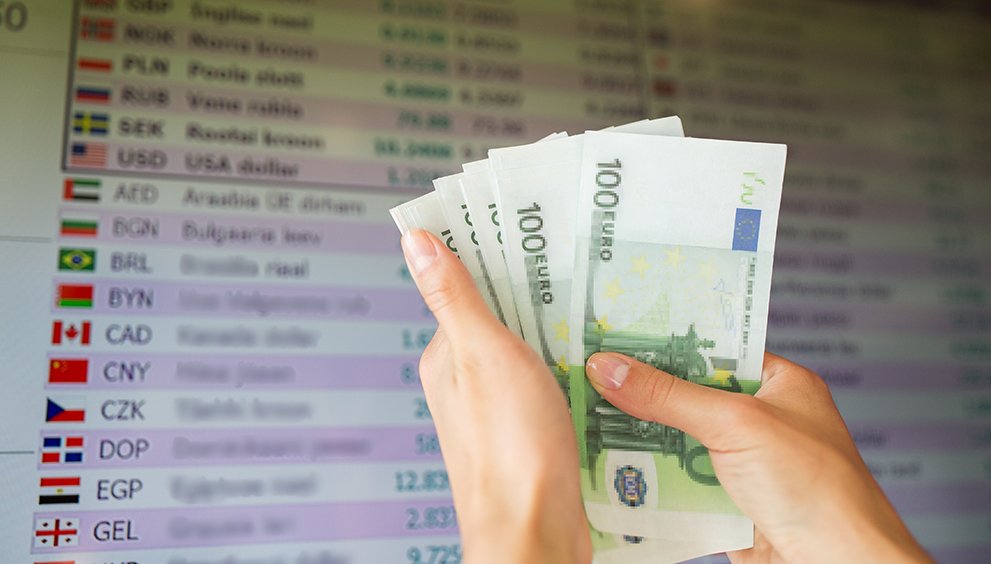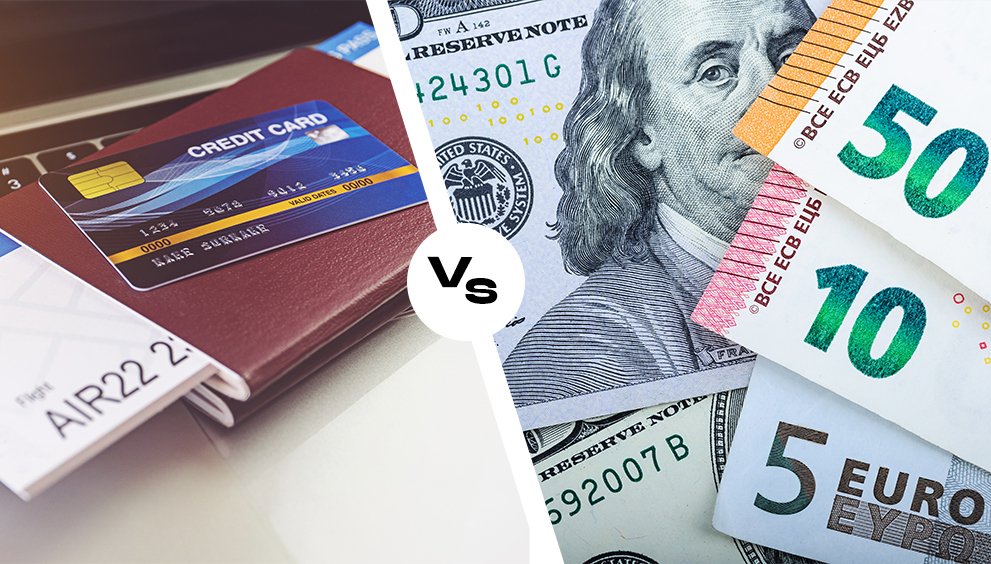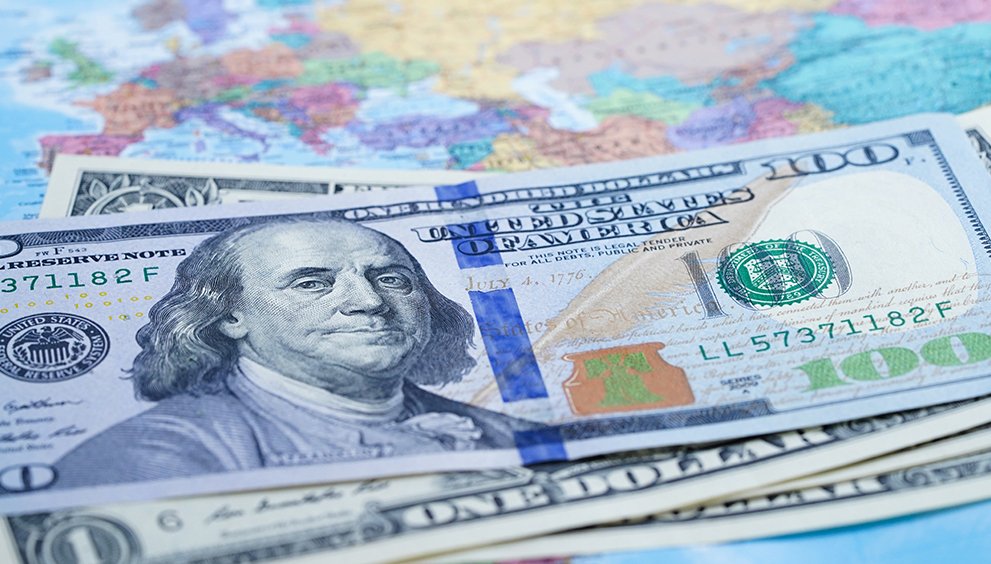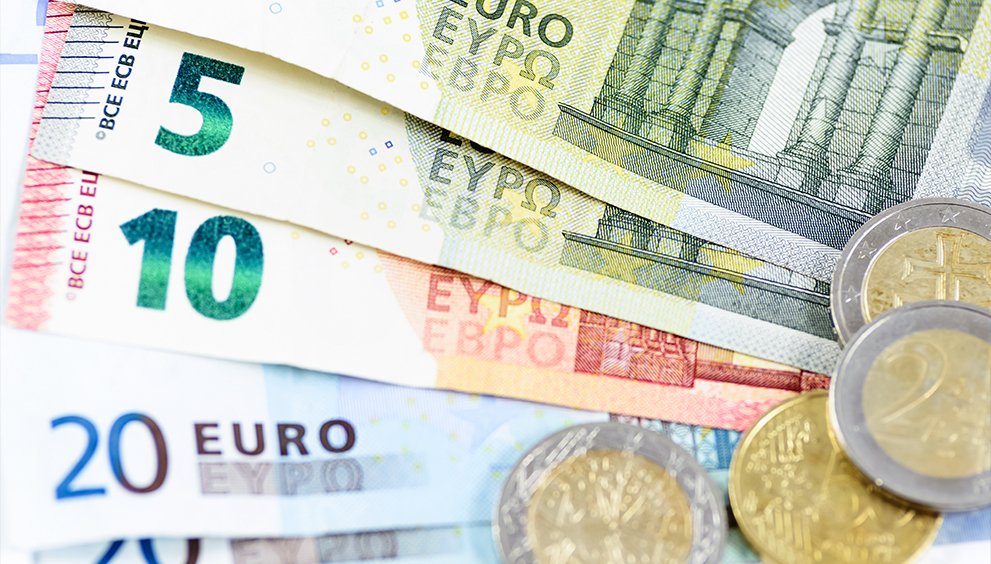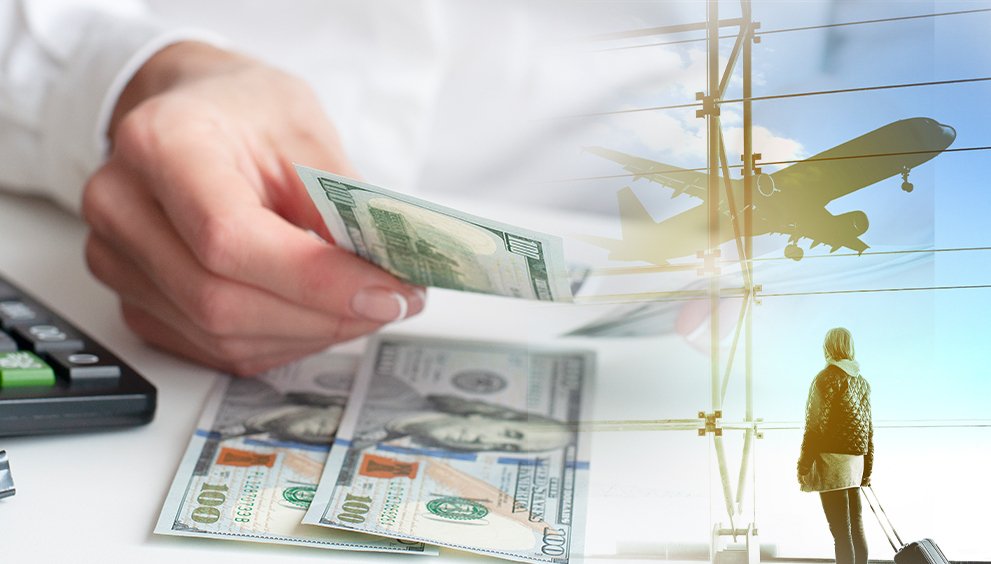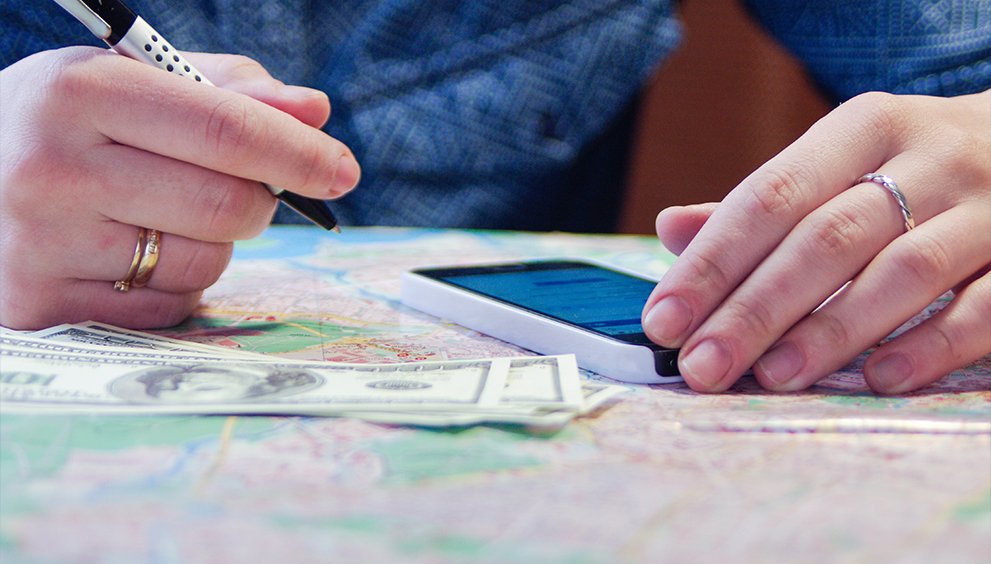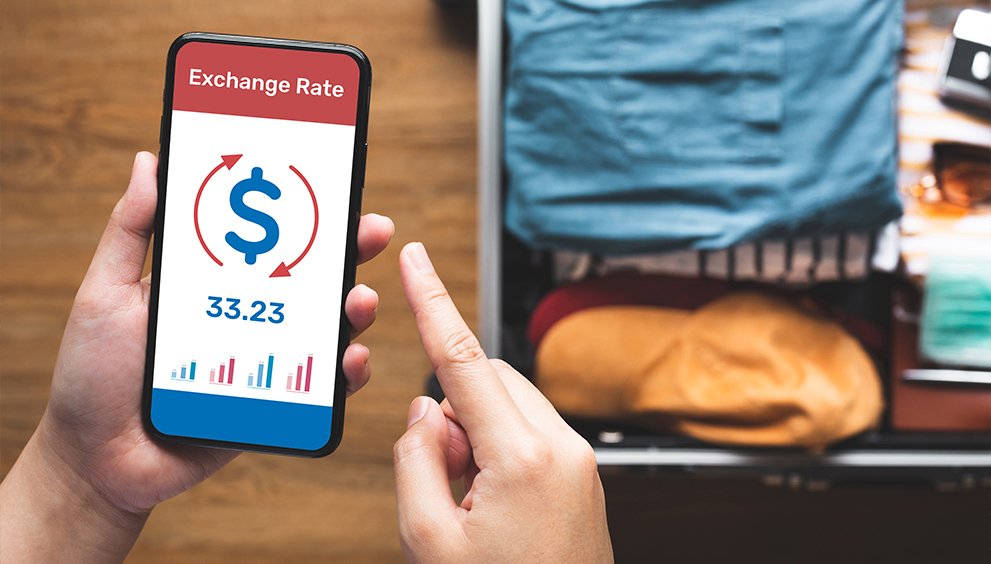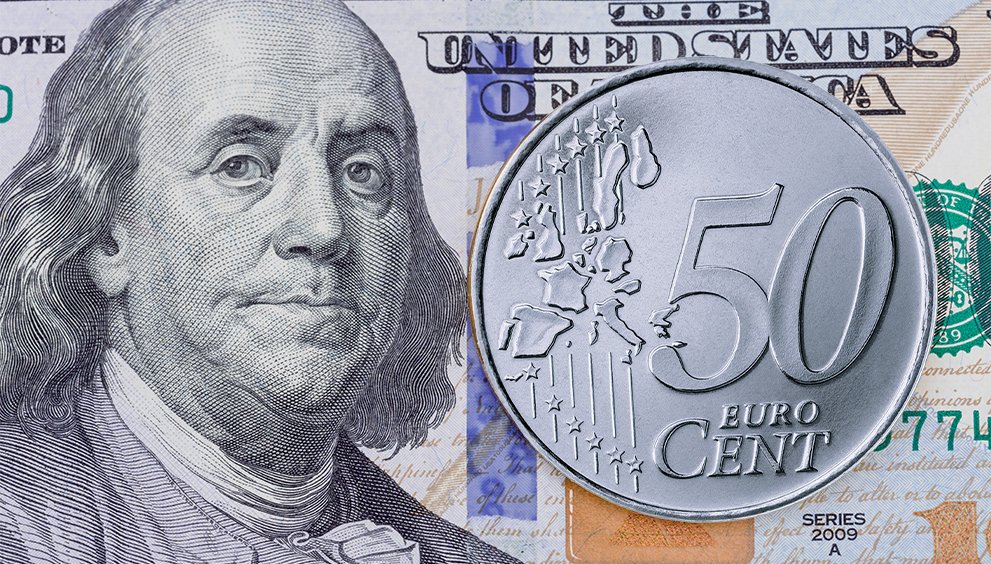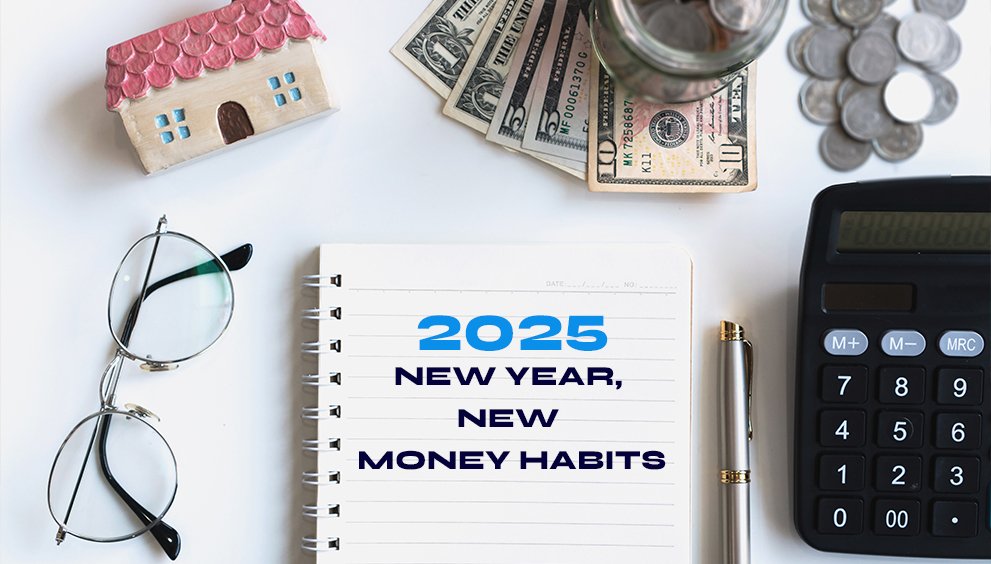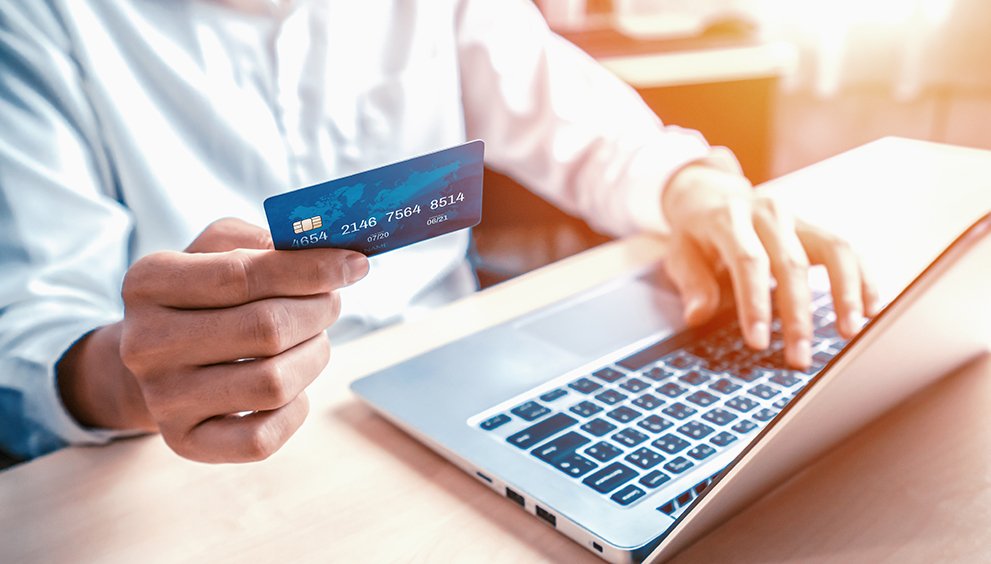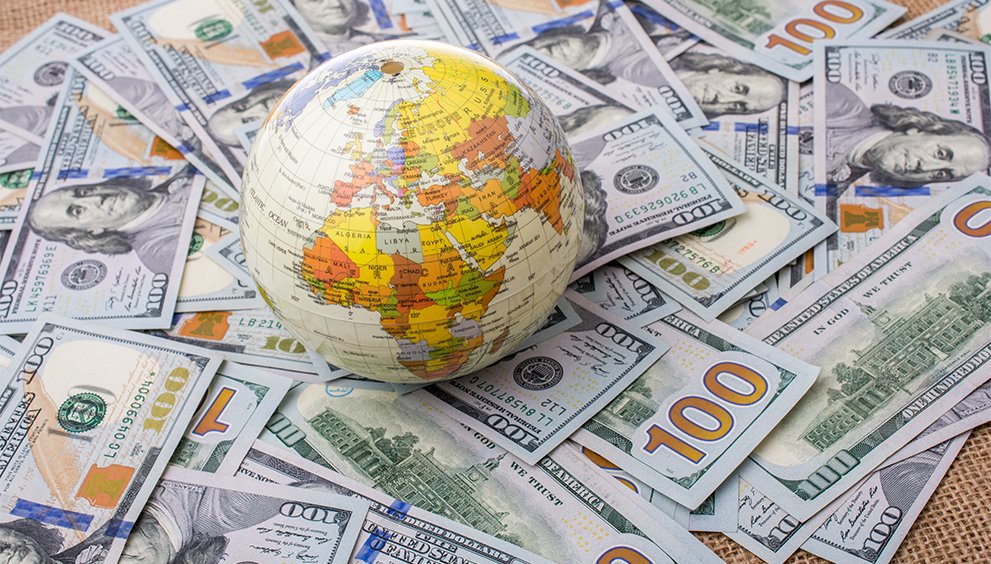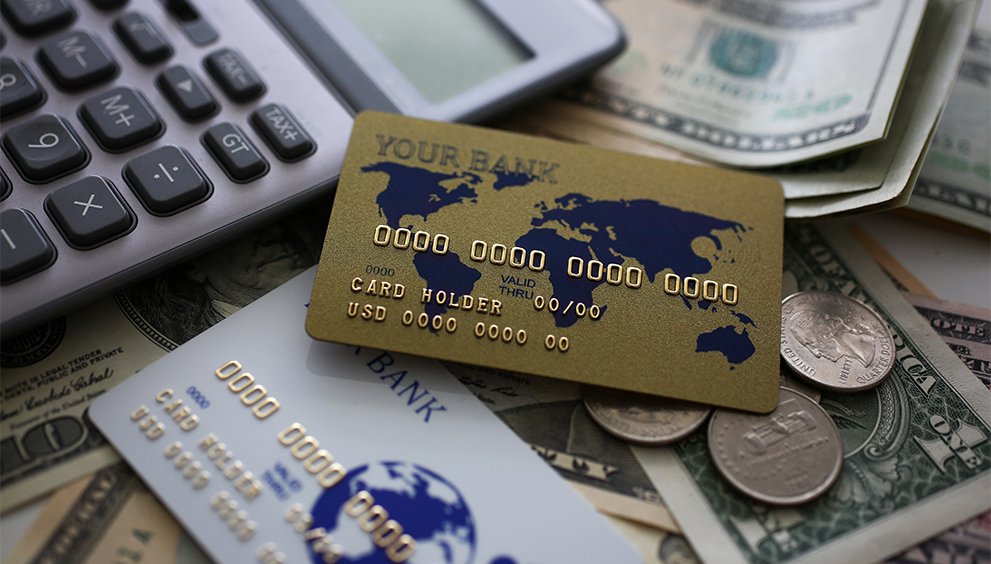Top 10 Most Common Mistakes People Make While Exchanging Currencies

Exchanging currency is an essential part of travelling, making international payments, or investing abroad. Yet, many people unknowingly lose money due to hidden fees, poor exchange rates, or last-minute decisions. Small mistakes—like choosing the wrong exchange venue or failing to compare rates—can have a big impact on how much you get for your money.
To help you avoid costly errors, here are the top 10 mistakes people make when exchanging currency—and how to sidestep them.
1. Exchanging Money at the Airport or Hotels
Why It’s a Mistake:
Currency exchange booths at airports and hotels often offer some of the worst exchange rates available to travellers. These services take advantage of individuals in a rush who require quick access to local currency, often due to unexpected circumstances or tight schedules. Additionally, these locations impose higher fees, capitalising on the convenience they provide, further decreasing the value of the currency exchange.
Real-Life Example:
James landed in Paris and, needing to pay for transportation, hurried to exchange £500 at an airport kiosk. Later, he regretted this decision when he discovered that a local bank or exchange bureau in the city could have offered him 10% more euros for the same amount. This common oversight highlights just how costly convenience can be.
How to Avoid It:
- Exchange currency before leaving your country at a bank or a reputable exchange provider known for fair rates.
- Use ATMs abroad to withdraw money at favourable rates, but remain vigilant about ATM fees that might apply.
- Consider using a multi-currency account or a travel-friendly credit/debit card for better exchange rates and reduced foreign transaction fees.
2. Not Comparing Exchange Rates
Why It’s a Mistake:
Exchange rates can vary dramatically between providers—banks, online exchange platforms, and physical kiosks all offer different rates and fees. Failing to compare these rates can lead to significant losses.
Real-Life Example:
Sophia wanted to exchange £1,000 for US dollars. She impulsively went to the first exchange booth she found, only to later discover that a nearby competitor offered her $50 more for the same amount. This experience illustrates the importance of taking a moment to survey options.
How to Avoid It:
- Use online currency converters like Google, XE, or Currency Solutions to check real-time exchange rates and navigate your options wisely.
- Compare rates from several exchange providers before finalising any transaction.
3. Ignoring Additional Fees and Hidden Charges
Why It’s a Mistake:
Many currency exchange services conceal their fees within the exchange rate. They may also charge additional service or handling fees or impose commissions without making these clear to customers.
Real-Life Example:
David exchanged £1,000 into Japanese yen at a seemingly attractive local exchange bureau, convinced he was getting a great deal. However, he was unpleasantly surprised to discover a £30 service charge applied, leaving him with significantly less than anticipated.
How to Avoid It:
- Ask for the final amount you’ll receive after all fees.
- Seek fee-free exchange options or low-cost online providers.
- Be cautious with “0% commission” offers, as the business may inflate their exchange rates.
4. Exchanging Large Amounts Without a Plan
Why It’s a Mistake:
Exchanging large sums of money without prior research can lead to needless losses due to unfavourable timing or poor exchange rates.
Real-Life Example:
Sarah exchanged £5,000 into euros without checking the rates beforehand. A week later, she watched as the pound strengthened, realising she had lost out on an additional €200.
How to Avoid It:
- Exchange smaller amounts periodically if rates are fluctuating.
- Consider using a forward contract to lock in favourable rates for large transactions.
5. Using Credit Cards Without Checking Fees
Why It’s a Mistake:
Many credit card companies impose foreign transaction fees (typically 2-3%), which can accumulate quickly.
Real-Life Example:
Mark used his regular credit card while in Thailand, neglecting to check for associated fees. By the end of his trip, he was surprised by £100 in foreign transaction fees.
How to Avoid It:
- Use travel-friendly credit cards like Revolut, Wise, or Monzo, which have little to no foreign transaction fees.
- Always choose local currency when making card payments abroad.
6. Falling for “Dynamic Currency Conversion” (DCC)
Why It’s a Mistake:
When using a credit or debit card abroad, you may be offered the option to pay in either your home currency or the local currency. Opting for your home currency often results in unfavourable exchange rates.
Real-Life Example:
Emma was dining in Spain, and when her UK debit card was presented to her for payment, she chose to be charged pounds instead of euros. This led to a 5% overcharge due to the poor exchange rate.
How to Avoid It:
- Always choose local currency for transactions.
- Decline Dynamic Currency Conversion (DCC) offers.
Final Thoughts
Exchanging currency doesn’t have to be complicated, but small mistakes can cost you a lot. Whether you’re travelling, making international payments, or investing, understanding how to get the best rates with the lowest fees can save you money.
Quick Recap to Avoid Currency Exchange Mistakes:
- Compare exchange rates before converting.
- Avoid airports, hotels, and tourist hotspots.
- Use fee-free credit/debit cards for spending.
- Always pay in the local currency (avoid DCC).
- Lock in a rate for large transactions.
- Use trusted online currency exchange platforms.
By keeping these tips in mind, you can make smarter financial decisions when dealing with foreign currency. Safe travels and smart exchanges!


 English
English 

